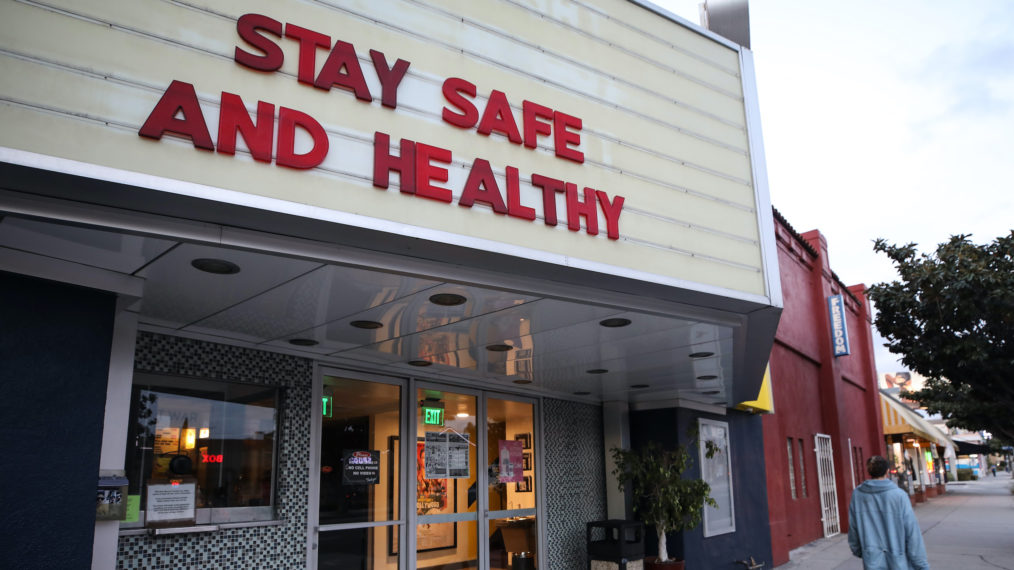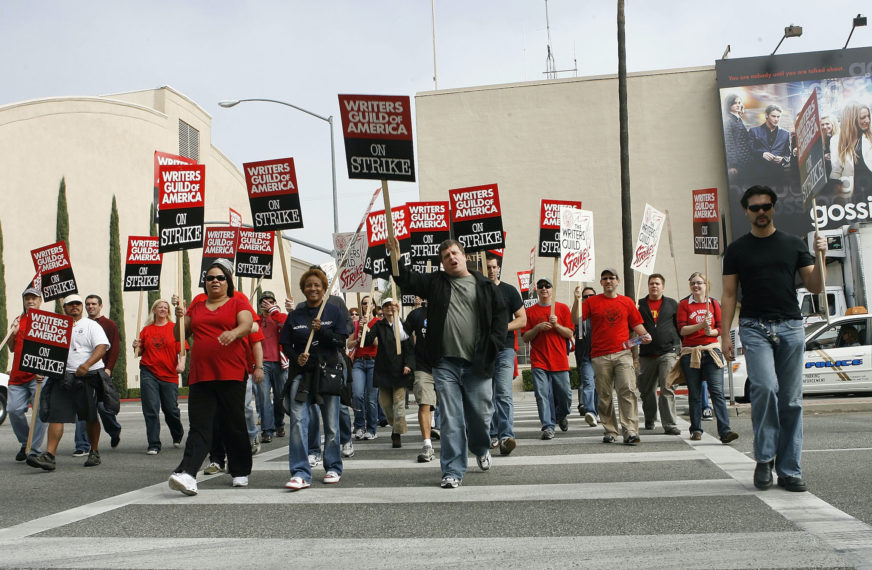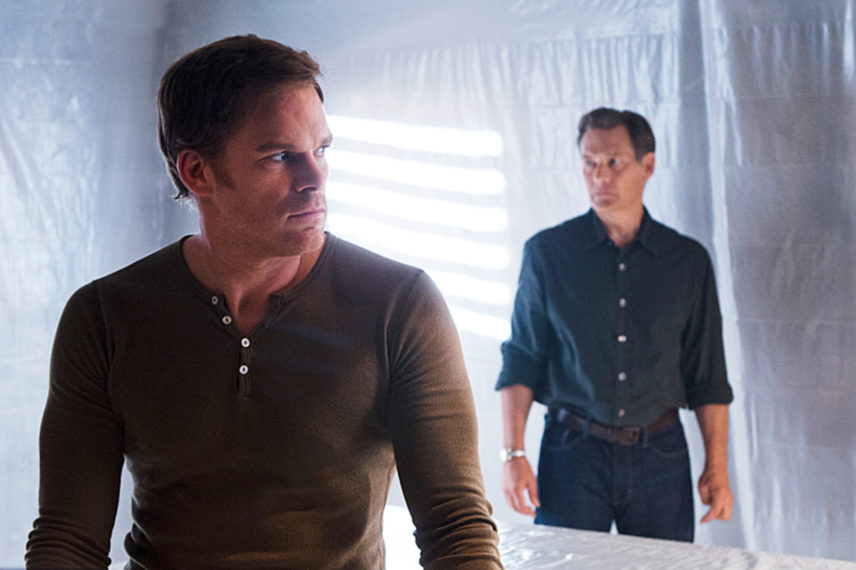How Will TV Networks Handle Coronavirus Shutdowns? The 2007–2008 WGA Strike Holds Clues

The last time the television industry was disrupted this much, it was because the 12,000-odd film and TV writers of the Writers Guild of America went on strike for 14 weeks between late 2007 and early 2008 to fight for a share of studio profits.
That upheaval pales in comparison to this coronavirus crisis — which threatens the lives of populations around the world — but it nonetheless provides clues to how networks might fill the airwaves at a time when TV production has ground to a halt.
As we’re already seeing, networks are dropping back to punt, airing reruns of their scripted shows — just as they did during the writers’ strike — in hopes of pulling in every advertising dollar available. “Are TV advertisers still buying? By any measure, they are,” MediaPost asserted on March 17. “That’s because there are still fewer big, ad-supported media alternatives to big, legacy TV shows. In this case, it means massive numbers of reruns across all TV platforms.”
During the writers’ strike, however, TV networks had a huge advantage they don’t have now: unscripted programming. They filled their primetime schedule with American Idol, The Amazing Race, and other reality shows now put on hold for this pandemic, and “the move helped unscripted programming’s comeback in the early 2000s take hold and cement the genre’s role as a vital element of the broadcast schedule’s mix,” Deadline observed earlier this year.

Striking writers picket outside WB Studios after contract talks between the Writers Guild of America and the Alliance of Motion Picture and Television Producers, with a federal mediator failed on November 5, 2007 (Charley Gallay/Getty Images)
So what can TV networks do without new episodes of their scripted and unscripted shows? Again, the writers’ strike could hold answers.
For one, TV networks might start airing content from sibling channels, as they did in 2008. In January of that year, CBS breathlessly announced it would start airing the first season of Dexter, the bloody crime drama that had premiered two years prior on Showtime, another Viacom network.

Dexter (Randy Tepper/Showtime)
“Dexter is a high-quality, compelling series that will be new and original programming for most CBS viewers,” the network said in a press release. “It’s also a great match with our existing line-up, affording us the opportunity to promote this critically decorated series in CBS’ top-rated crime dramas.” (The press release made no mention of the writers’ strike, nor did it mention that Dexter would have to sanitized for network television.)
Back then, TV networks also filled the void with scripted series from abroad — or, more specifically, from our neighbor to the north. In January 2008, CBS brokered a deal to air the Canadian police drama Flashpoint, starring Enrico Colantoni of Veronica Mars fame. According to Reuters, the deal let CBS “bypass the home-grown ‘pilot’ development process shut down by the screenwriters’ strike.”
NBC followed suit, importing the Canadian series The Listener. That sci-fi drama only lasted seven episodes on the network, but the acquisitions of both The Listener and Flashpoint “ushered in a Canadian invasion of American primetime that included ABC’s Rookie Blue, the CW soap The L.A. Complex, BBC America’s Orphan Black and NBC’s Saving Hope,” as The Hollywood Reporter stated in 2017.
There are other, bleaker parallels between these two disruptions: namely, layoffs and losses. The writers’ strike cost the local industry an estimated $380 million and led to an estimated wage loss of $342.8 million for Writers Guild of America (WGA) and International Alliance of Theatrical Stage Employees (IATSE) members, to say nothing of the non-writing staff and crew members who lost jobs and wages during the work stoppage. Amid this current coronavirus crisis, Hollywood is bracing for a $20 billion loss to the TV and film industry, and the IATSE reported that the production shutdowns have resulted in the loss of 120,000 jobs held by its 150,000 members.
Eerily, Hollywood was facing another writers’ strike by the time coronavirus became a pandemic, but the industry’s scribes are less likely to strike now that the outbreak has exploded. “COVID-19 has brought film and television production to a grinding halt, and we are all living in a time of uncertainty,” Daniel Stone, partner in the litigation and entertainment and media groups at Greenberg Glusker, told the Los Angeles Times. “No one wants to face the prospect of prolonged unemployment during a recession.”
Long comparison short: Just as they did 12 years ago, TV networks might have to get creative if they want to keep the lights on. And frankly, they’d better. With all this coronavirus anxiety, we could all use some small-screen escapism.








